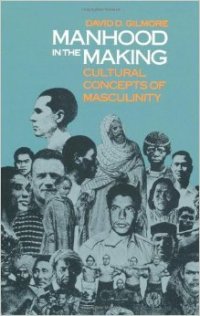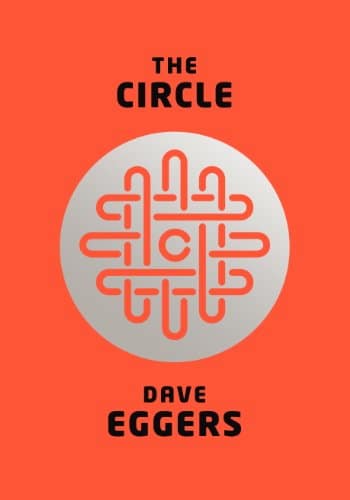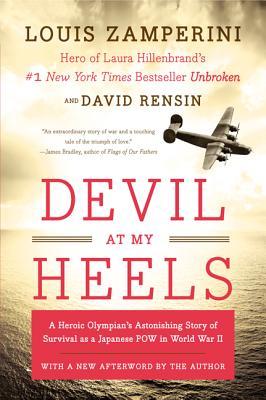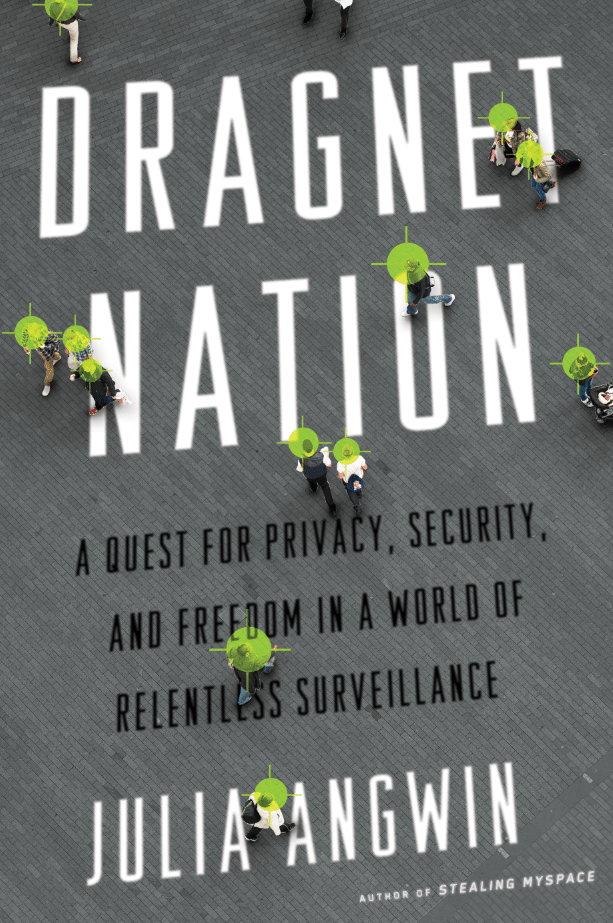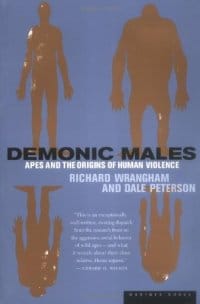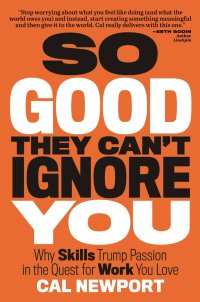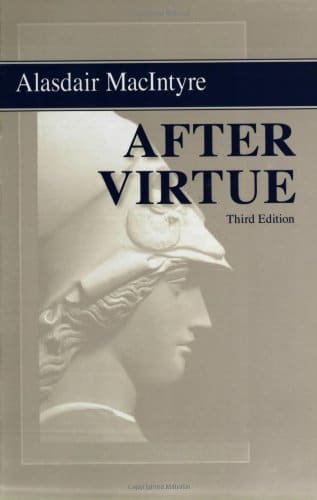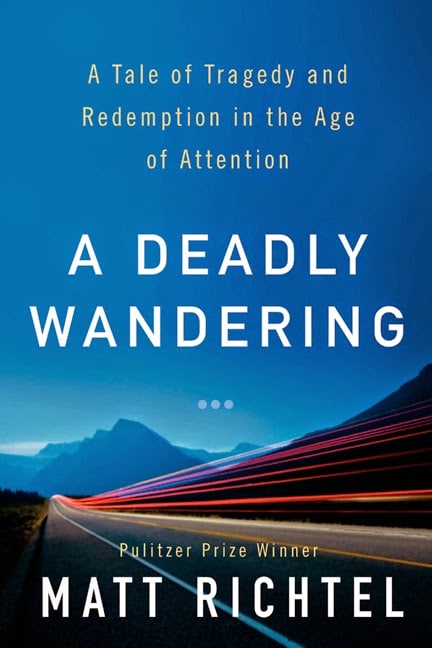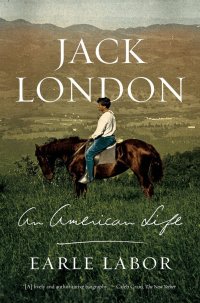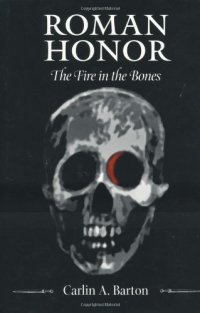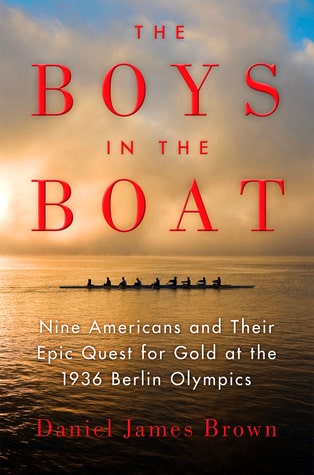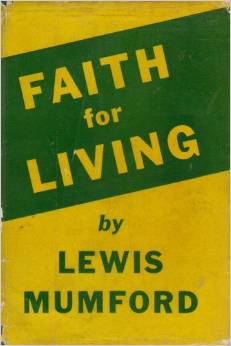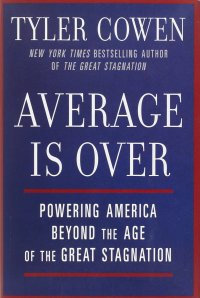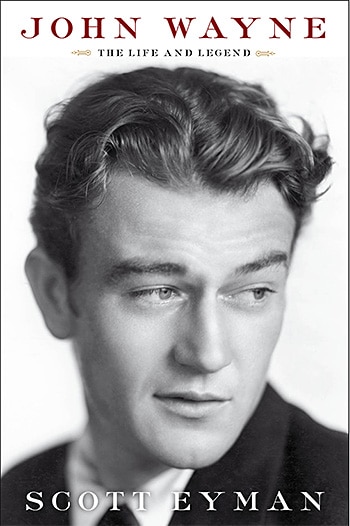9 Reasons Analog Games Are Awesome
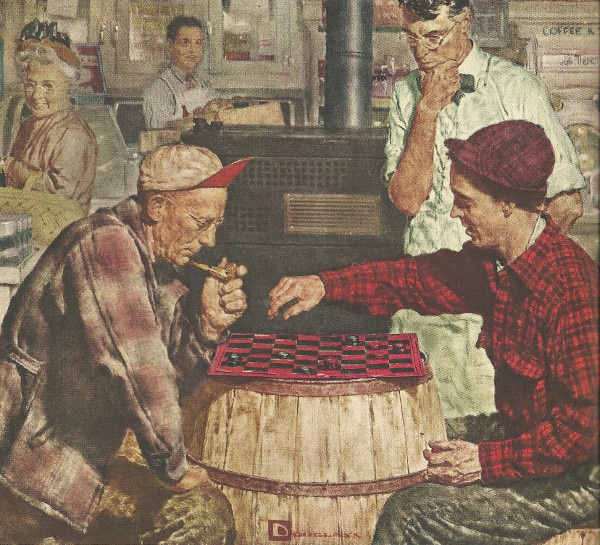
Dwight D. Eisenhower played bridge with his fellow officers into the wee hours of the morning; Winston Churchill enjoyed playing mah-jongg and gin rummy with his family before dinner; many of the founding fathers, including Franklin, Jefferson, and Madison, were ardent players of chess; presidents from Theodore Roosevelt to Harry Truman played poker with their advisors; Abraham Lincoln played backgammon with his sons.
Nearly every great man from history had a favorite board or card game – as did millions of men whose names have been lost in time.
The origin of analog games goes way, way back. Records of board games have been found all across the world — from ancient Mesopotamia to the Aztecs to classical Greece. Whether a foot soldier or king, analog games have helped men while away the time from the very beginning of civilization.
These days, we’re more likely to play video games on our televisions or phones. But card and board games still make for an excellent pastime, even in our digital age. Here are 9 reasons why:
1. Analog games don’t require power — you can do them anywhere.
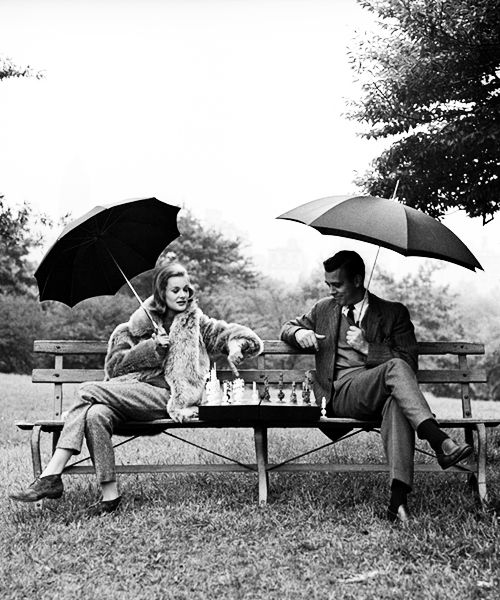
While digital games require electricity, or a charged battery, analog games can be played anywhere, anytime. They thus make for excellent boredom-breakers when the lights go out, when you’re camping, or when you’re stuck at the airport and need to preserve the battery on your phone. Analog games are also quiet and discreet – it’s easy to pass a piece of paper back and forth during church for some silent tic-tac-toe.
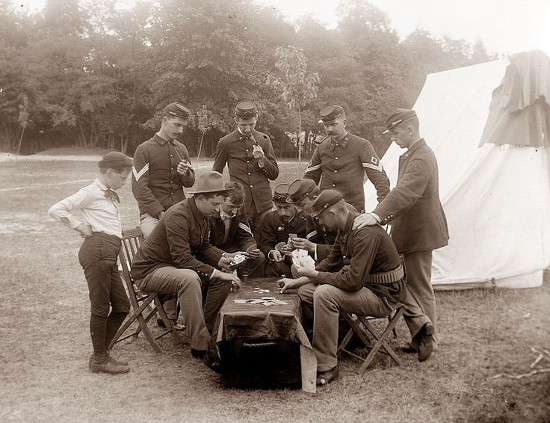
It’s for these reasons that analog games – particularly cards, given their small size and portability – have always been a favorite of military men in the field. Soldiers during the Civil War spent so much time playing cards – “throwing the papers” as they called it – that historian James I. Robertson says, “It would not be too much of an exaggeration to paraphrase a biblical passage and state that ‘when two or three soldiers were gathered together, there did a deck of cards make an appearance among them.’” Cribbage, euchre, keno, seven-up, blackjack, and of course, that perennial wartime favorite, poker, were popular with Union and Confederate troops alike. In the 20th century, and up until today, these games have enjoyed a prominent place in our militaries.
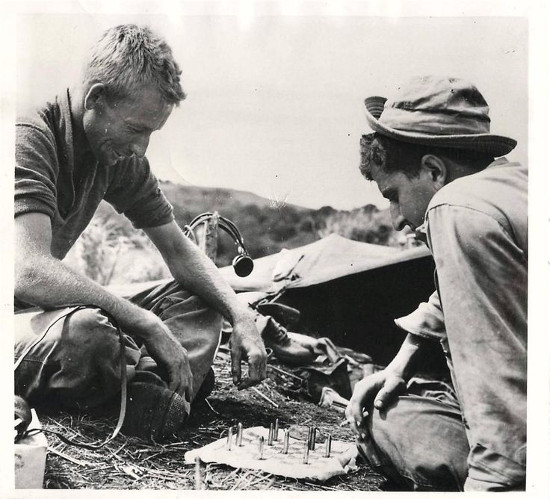
Military men who were held in POW camps, and deprived of the accoutrements needed to play their favorite analog games, often got very creative in crafting the necessary pieces themselves. One POW of the Vietnam War recalls making a backgammon board from multiple layers of toilet paper stuck together with rice glue, and a set of checkers from chunks of stale bread colored with brick dust and ashes.
No matter the pinch you find yourself in, analog games are at the ready to while away the time.
2. Analog games teach kids important life skills.
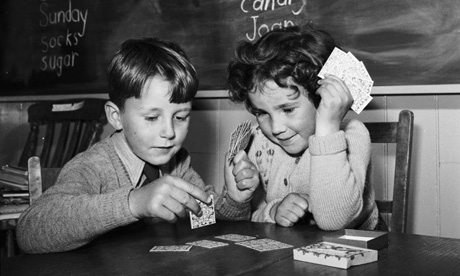
Playing board games is a great way to bond as a family, and it’s good for your kiddos’ brains too. Even the simplest games that are all chance and no skill can teach your children things like sequencing, patterns, counting, and color and shape identification. This isn’t just reasonable speculation; games that include a linear trail of numbers have been proven to boost kids’ numerical understanding.
Just as valuable is the way analog games teach kids about the importance of following directions, taking turns, and socializing with others — all essential skills for succeeding in school and life. One study found that students who played checkers developed greater ability to solve problems, communicate, and resolve conflicts.
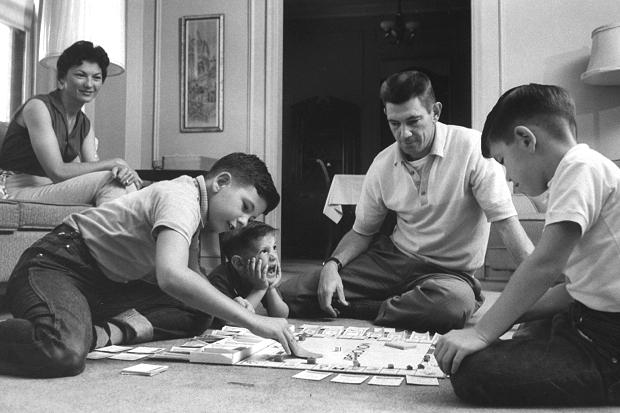
Another of the important skills children (and adults!) gain from playing board games is learning how to lose gracefully. Kids have to learn how to bounce back from losing a game they’re invested in. And when you play a game of pure chance like Candy Land with your kid, in which you both have an equal shot at winning, you can demonstrate how to maturely deal with defeat when you lose. (No cursing the #@$ Molasses Swamp!)
Side note: When purchasing classic children’s games, it can be a good idea to buy an old vintage version on ebay. The new ones are incredibly flimsy, and can also be quite dumbed down. We bought a modern version of Uncle Wiggily, and then one from 50 years ago – it was amazing how much easier the new one was. Old ones are higher quality, more involved (in a good way), and invariably better looking.
3. Analog games offer life lessons for everyone.
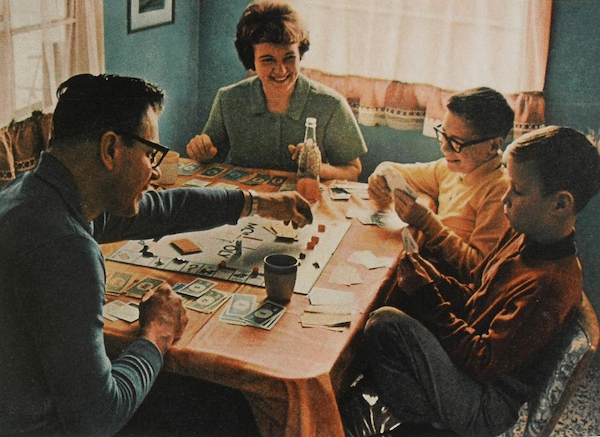
Analog games aren’t just educational for kids – they can be instructional to those longer in the tooth as well.
There are basically three kinds of games: those that are based purely on skill/strategy; those that are based entirely on chance; and those that involve both.
For my money, the latter are the most fun. The element of chance keeps things interesting, and offers lesser skilled players the hope, however small, that they might still be able to pull off the victory. The biggest draw of luck+skill games, however, runs even deeper, and may actually be subconscious: the way they parallel the dynamics of real life.
In a card game like gin rummy, you don’t choose the hand of cards you begin with, and you don’t know what you’re going to turn over from round to round. The players start out on unequal levels, you’re subject to the currents of chance, and you have to find the best way to navigate through and come out on top. It’s no wonder we borrow from the language of games to describe situations where “you have to make the most of the cards you are dealt.” In both life and games, sometimes things fall in your favor, and sometimes they fall against you. Analog games are thus a great reminder that some things are in the hands of Lady Fortuna, and all you can do is concentrate on the one thing within your control: hatching a strategy for doing the best with what you got.
4. Analog games scratch the itch for competition.
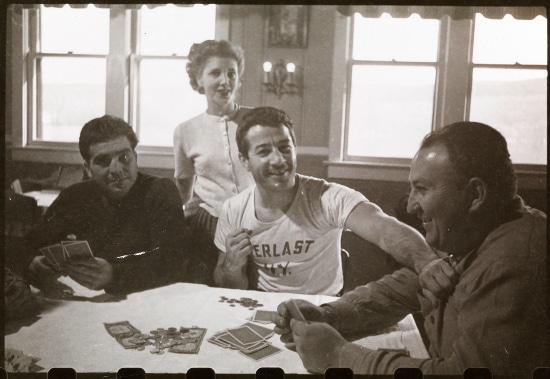
One of the theories as to the earliest origins of board games traces their start to combat commanders demonstrating a plan for an impending battle to their gang of warriors. They might have drawn an outline of the battlefield on the ground, and placed stones where the men were to go, and where the enemy was expected to be. These would have been interesting for the men to study, and perhaps play around with after the skirmish was over. From there it would have been a short leap to setting up the different sides for fun.
Whether or not that’s exactly how it happened, anthropologists agree that many classic and modern games are modeled on the dynamics of war — two or more sides, squaring off, trying to win the race, rack up points, and/or take other guy’s territory.

In centuries past, during peacetime such games (often with bets attached) represented a kind of mental combat – a way for men to compete, vie for honor, and bond. Even stumbling into a bout of good luck during a game of chance would move a man up in the pecking order – it was taken as a sign that he was favored by the gods.
Men usually don’t take games that seriously these days, but the energy of head-to-head contests still give game playing a satisfying feel. Just as they did in days of old, games provide a way for men to both compete and bond at the same time.
5. Analog games can offer a relaxing, grounding sense of flow.

While games that involve chance keep you on your toes, games like chess or checkers that are based almost entirely on skill, can be grounding. As opposed to mirroring the somewhat chaotic nature of real life, the rules of the game are set, and everything is within the player’s control, except what his opponent will do. Losing oneself in such a game can bring a welcome respite from the stresses of real life. In The Things They Carried, Vietnam vet Tim O’Brien describes the way an analog game performed this function for his fellow soldiers:
“I remember Norman Bowker and Henry Dobbins playing checkers every evening before dark. It was a ritual for them. They would dig a foxhole and get the board out and play long silent games as the sky went from pink to purple. The rest of us would sometimes stop by to watch. There was something restful about it, something orderly and reassuring. There were red checkers and black checkers. The playing field was laid out in a strict grid, no tunnels or mountains or jungles. You knew where you stood. You knew the score. The pieces were on the board, the enemy was visible, you could watch the tactics unfolding into larger strategies. There was a winner and a loser. There were rules.”
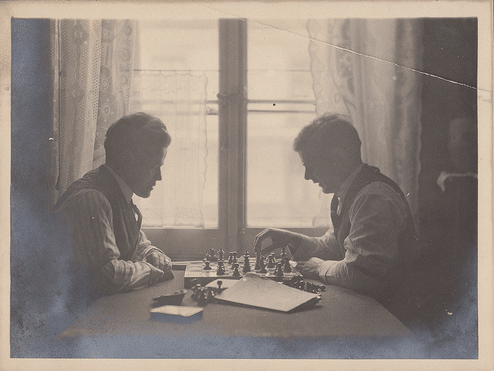
Games not only have a calming, grounding effect, but they can facilitate the feeling of flow as well – the experience of your skill level matching up with the activity in which you’re engaged. When you give all your focus over to a game, it can paradoxically feel both intense and relaxing.
6. Analog games facilitate interactive and pressure-free socialization.
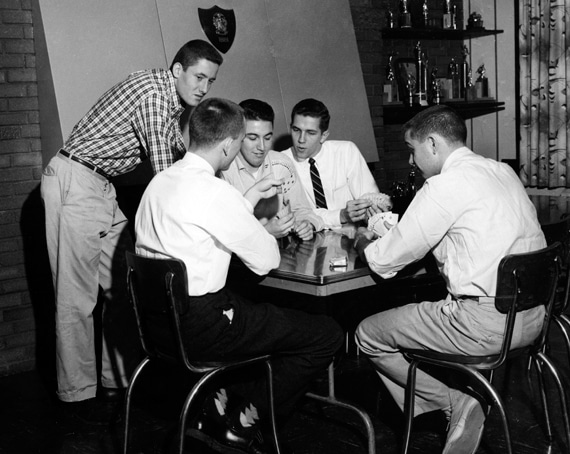
In an age when people, even individual family members hanging out under the same roof, often have their heads buried in screens, analog games offer the chance to engage in some lively, face-to-face interaction. What’s really great about analog games too, as opposed to the video variety, is that with many games, you don’t have to pay attention to what’s going on all the time. This creates nice pockets for talking about things other than what’s going on in the game. Streams of conversation about the game itself, and about life in general, flow together.
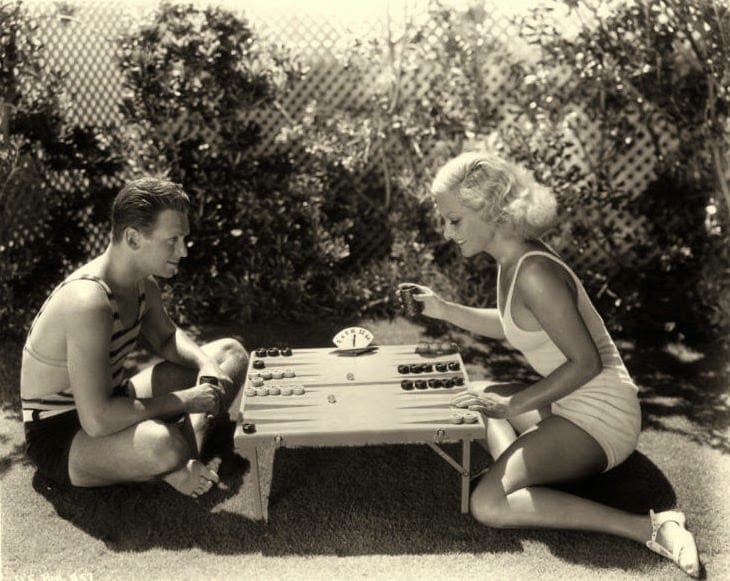
The easy conversation facilitated by analog games makes them a great activity to do with a date. The game takes the pressure off making small talk – if you have something to say, you can say it, but if you don’t, you can turn your attention to the game. This makes for a relaxed, comfortable atmosphere. When I was dating Kate, some of our deeper feelings for each other first emerged over, of all things, a game of Boggle.
Cracking open a board game is a great way to catch up with your long-term lovers as well. Theodore Roosevelt, for one, said of playing games with his wife:
“I can imagine nothing more happy in life than an evening spent in my cosy little sitting room, before a bright fire of soft coal, my books all around me, and playing backgammon with my own dainty mistress.”
7. Analog games provide a source of evening entertainment that will help you sleep better at night.
The blue light that’s emitted from electronic devices like your phone and television can interfere with your circadian rhythm and make it difficult to fall asleep at night. This positions board and card games as a uniquely suitable form of evening entertainment. A game of Apples to Apples is stimulating in the moment, but once you retire to bed, you’ll be able to slumber soundly.
8. Analog games link the generations (and boost Grandpappy’s brain).
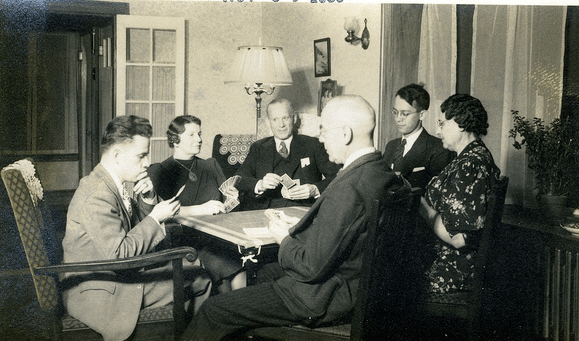
There aren’t many grandparents who are up for grabbing a controller and playing Call of Duty, but most would love to sit down with you for a game of cards. When I was younger I used to play cribbage with my grandfather. And these days when we see Kate’s Nana, engaging in many rounds of gin rummy is a given. Because of the way analog games facilitate conversation, these games are always a great way of talking about her life and memories.
Not only is card playing a great way to connect with your elders, but it helps boost their brain at the same time. Engaging in mentally stimulating leisure activities may reduce the risk of Alzheimer’s and dementia. So deal another hand to grandma to strengthen your bond and help her mind stay sharp into her golden years.
9. Analog games are a great way to engage in more play.
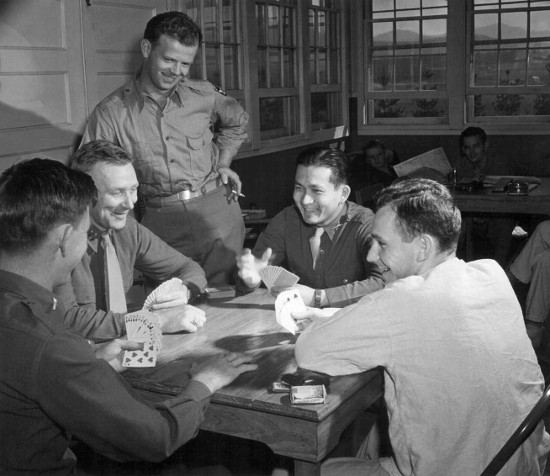
In our stressed out, overly scheduled world, every adult needs to make more time to play. Games of all kinds are a great way to relax and have fun, and analog games in particular make for some especially beneficial and rewarding playtime for all the reasons mentioned above. You’ll have to use your memory, logic, and imagination – traits that often atrophy in the modern world. And you’ll experience the feel-good endorphins that come from competing against, and socializing with, a group of people.
So what are you waiting for? Every once in awhile, turn off the Xbox and your phone, and shuffle up some playing cards or break open the lid of a good old fashioned board game.
What’s your favorite analog game? Let us know in the comments!
[ad_2]
Source link
[ad_1]

